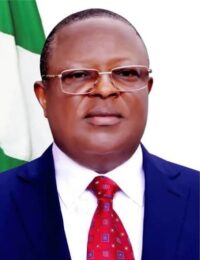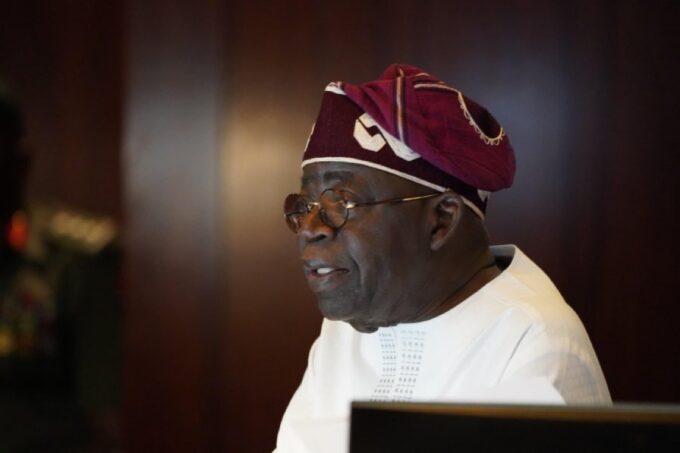In what is seen as a boost to strengthen Nigeria’s national power grid, Federal Government on Friday announced that it has secured a $238 million loan facility from the Japan International Cooperation Agency following high-level engagements led by President Bola Ahmed Tinubu and Minister of Power, Chief Adebayo Adelabu, at the Ninth Tokyo International Conference on African Development (TICAD9) in Yokohama, Japan.
The Ministry of Power, which made this disclosure through a statement issued on Friday to newsmen on Friday, 22 August, 2025, said President Tinubu stressed that Nigeria’s participation at TICAD 9 was about concrete results, not mere diplomacy.
“Nigeria’s participation at TICAD 9 was not about trade exhibitions, but about forging strategic, outcome-driven partnerships that would deliver tangible results for the Nigerian people. We are deliberately shifting from planning to implementation, from agreements to delivery, and from promises to measurable results,” he said.
The $238 million JICA loan, backed by Federal Executive Council counterpart funding of N19,083,192,805.30, will finance the expansion of the national grid.
The project, according to the statement, includes the construction of 102.95km of new 330kV double circuit lines, 104.59km of 132kV double circuit lines, four 330/132/33kV substations, two 132/33kV substations, and multiple line bay extensions to improve efficiency and reduce system losses.
Highlighting the significance of the deal, Adelabu said the engagement with Japanese power companies such as Toshiba, Hitachi, and Japan’s Transmission & Distribution Corporation was crucial to unlocking Nigeria’s energy potential.
“Our focus is on transmission infrastructure, operational efficiency, and strategies to reduce system losses. This $238 million loan from JICA provides the backbone for that transformation,” Adelabu explained.
The minister also expressed appreciation for Japan’s long-standing support. “JICA has proven to be a reliable partner in advancing Nigeria’s energy transition and expanding access to reliable, affordable, and sustainable electricity. Their contributions across infrastructure, technical studies, training, and financing continue to play a vital role in strengthening our power sector.”
In addition, Adelabu reaffirmed the government’s broader commitment to bridging Nigeria’s energy gap, where only 55–60 per cent of the population has access to electricity.
“We are expanding grid access in urban areas while accelerating off-grid solutions for rural communities. Despite cost and financing challenges, we remain committed to supportive policies, strategic partnerships, and local manufacturing to drive a sustainable energy future,” he said.











